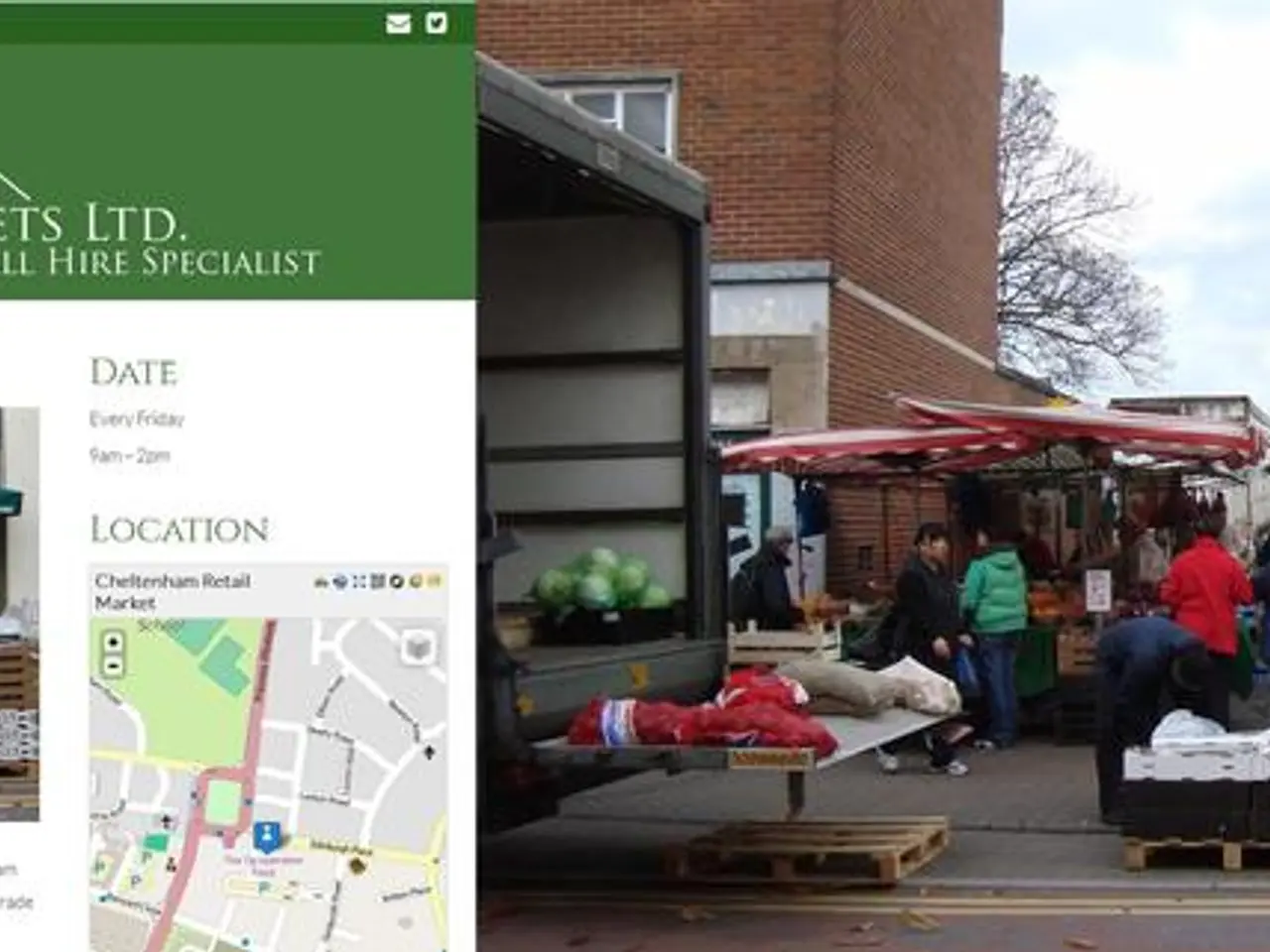Market favoring buyers: Decreasing prices and reduced sales rate
Real Estate Market in Reykjavik Shifts Towards Buyers
A survey conducted by the Housing and Construction Authority (HMS) on July 2, 2025, among real estate agents in Iceland, has revealed that the real estate market in Reykjavik is currently in a slump. The survey received 99 responses out of 330 members of the Association of Real Estate Agents, representing a 30 percent response rate.
The survey findings indicate that the majority of respondents, 94 percent, primarily deal with properties in the capital area and surrounding regions. The slump in the real estate market, as reported by the survey, is driven by an oversupply of new housing units and slower market activity. There are approximately 1,400 unsold new apartments on the market in the Reykjavik area, according to the survey, which suggests a surplus of supply relative to demand.
This oversupply, combined with price drops and slower sales, has created favorable conditions for buyers, strengthening the buyer's market trend since May 2025. Agents observe that used, lower-priced apartments are selling faster than new constructions, which further reflects cautious buyer behavior amid abundant new listings.
The market softness also appears linked to broader economic factors such as inflationary pressures and housing affordability challenges. Economic conditions in Iceland, including inflation remaining above targets until mid-2026, have constrained discretionary spending and resulted in homes lingering longer on the market, which limits landlords’ cash flow and pushes down pricing. These squeezed budgets and slowed market activity contribute to a surplus in residential listings and heighten buyer negotiating power.
HMS analysis indicates that real estate agents generally agree the market in Reykjavik is a buyer's market. The unsold apartments in Reykjavik are worth over 20 billion ISK, according to the survey. However, the survey does not specify whether the slump in the real estate market is only in Reykjavik or extends to other areas in Iceland. Moreover, the survey does not provide a detailed analysis of the extent or severity of the slump in the real estate market, nor does it provide a specific timeline for the slump.
In summary, the key trends and factors shaping the buyer’s market in Reykjavik’s real estate are:
- High inventory of approximately 1,400 unsold new apartments in the capital region.
- Low market activity reported by 65% of agents during a typically active season.
- Price reductions and slower sales velocity, especially for new builds compared to used apartments.
- Economic conditions including inflation and affordability pressures that suppress buyer demand and prolong listings.
These factors, as highlighted by the HMS survey and market reports from mid-2025, combine to shift market dynamics clearly in favor of buyers in Reykjavik’s housing market.
Finance experts advise that the recent news about Reykjavik's real estate market shift towards buyers could be an opportune time for investing in residential properties, given the oversupply and slowed sales velocity. Meanwhile, financial analysts also suggest keeping a close eye on the financial health of Iceland's economy, especially concerning inflation and housing affordability, before making significant investments in the real estate sector.






